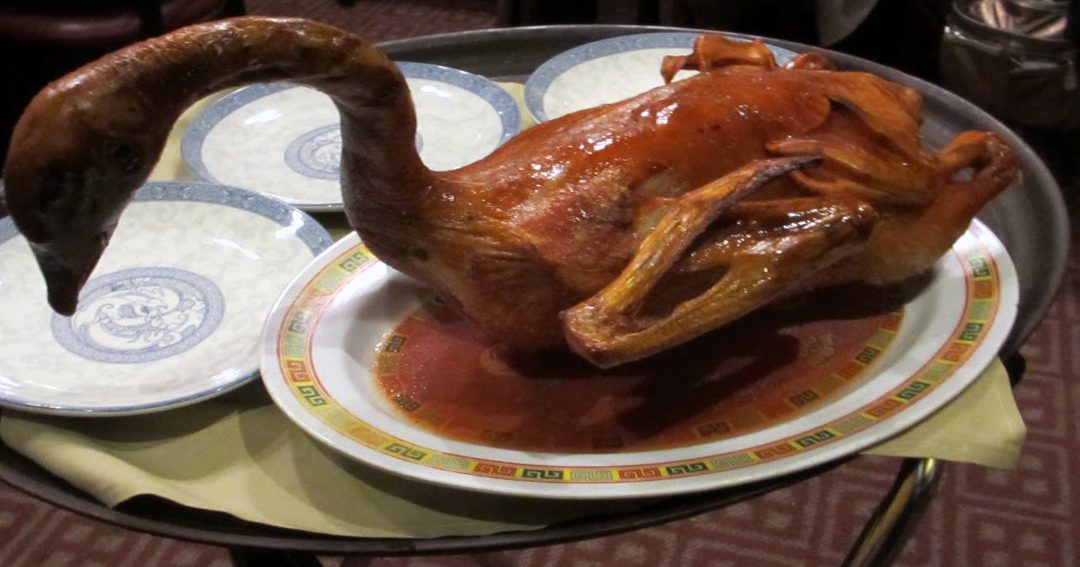This holiday season, the government is about to give some rich corporations a wonderful present. They are about to butcher the goose that laid the golden egg for their feast, but consumers are going to have to pay for the fat cats’ dinners again and again – from now on.
The goose is, of course, the internet, and the golden eggs it has delivered freely to all users and providers have all been made possible by something called “net neutrality”. Net neutrality simply means that all traffic is treated exactly the same, ensuring a level playing field for everyone. It is a foundational idea on which the internet has been based from the very beginning, though it has only required protection since 2015. That protection is about to be stripped away by the Federal Communications Commission for the greed of powerful service providers.
And it appears that nothing can be done to prevent it.
Naturally, the plutocrats and their minions in the FCC use weasel-words to disguise their intent. They call their sinister plan “Restoring Internet Freedom Order” and frame it as a way to end government’s “failed approach” of “micromanaging” the net. Instead, chairman Ajit Pai claims that “the FCC would simply require Internet service providers to be transparent about their practices so that consumers can buy the service plan that’s best for them and entrepreneurs and other small businesses can have the technical information they need to innovate.” This would be a return to “the light-touch, market-based framework that unleashed the digital revolution and benefited consumers here and around the world.” Sounds great, doesn’t it? Most people didn’t even suspect they had it so bad before.
Who profits?
It’s a utopian vision, but for whom? Trump appointee Ajit Pai – a former Verizon executive who is so unashamed of being their puppet that he joked about it in a leaked comedy video from a conference – launched the plan. He defends the idea by saying the increased freedom (and revenues) would spur innovation, increase broadband speeds and availability across the internet.
However, the plan would allow ISPs to throttle competitors’ speeds, allow sites to charge for access, throttle innovation, and not require any corporate investment on improving the net at all. At most, the providers would have to make some public disclosure of their policies, and it would be left largely to the near-toothless FTC (the Federal Trade Commission) to limit deception. Critics say that the loopholes in this scheme are “tunnels big enough to drive a truck through”: virtually no limits will be placed on providers. They will be able to charge what they want, limit speed or even access altogether to websites they don’t like, set up fast lanes for the rich, and slow lanes for the poor. And to do this, they will likely have to scan every packet that goes by for content.
Pai claims that small ISPs have been harmed by the old rules, making them unable to expand service especially in rural areas, but offering no data in support. The available facts, however, indicates that since legal protection went in place, rural net services have greatly expanded. Yet 129 million Americans can only get broadband from a single provider. More often than not this is a big provider like Comcast who are all in favor of their monopolies, as opposed to Southwest Cyberport and other small providers.
Users will suffer, wind up paying higher prices, and most likely have to buy bundles of internet services or access – just like with cable TV, including apps and services they don’t use nor want. This is not just a guess: there is a real-world example already in Portugal. There users have to pay for basic data, and then extra for messaging, music, social media, video, and using the clouds. Already services are being bundled, and new start-ups as well as the poor are getting shafted.
The fix is in
While these prospects leave the corporations drooling with anticipation, ordinary users have been filled with righteous outrage. But consumers’ voices count for nothing. Millions of comments helped stop the plan before, but not this time. For the fix came with floods of spam and robot-generated form letters – so the FCC conveniently decided to simply ignore them. Moreover, Pai’s office have refused to provide evidence requested for an investigation into fraud by the New York State Attorney General.
They’ve held no open hearings, nor listened to the net’s most esteemed pioneers, and astonishingly, have demonstrated that they don’t even know how the net works. Nor the fact that ISPs themselves told investors that the rules have not hurt their bottom line has had any effect any more than protests of big content providers, including Facebook, Google, Netflix, Reddit, as well as various consumer groups, who all oppose the plan.
On Thursday, December 14, the final FCC vote is scheduled to happen. Massive protests are scheduled but the outcome is really in little doubt. The goose will be slain; and we will only get the leftovers.

